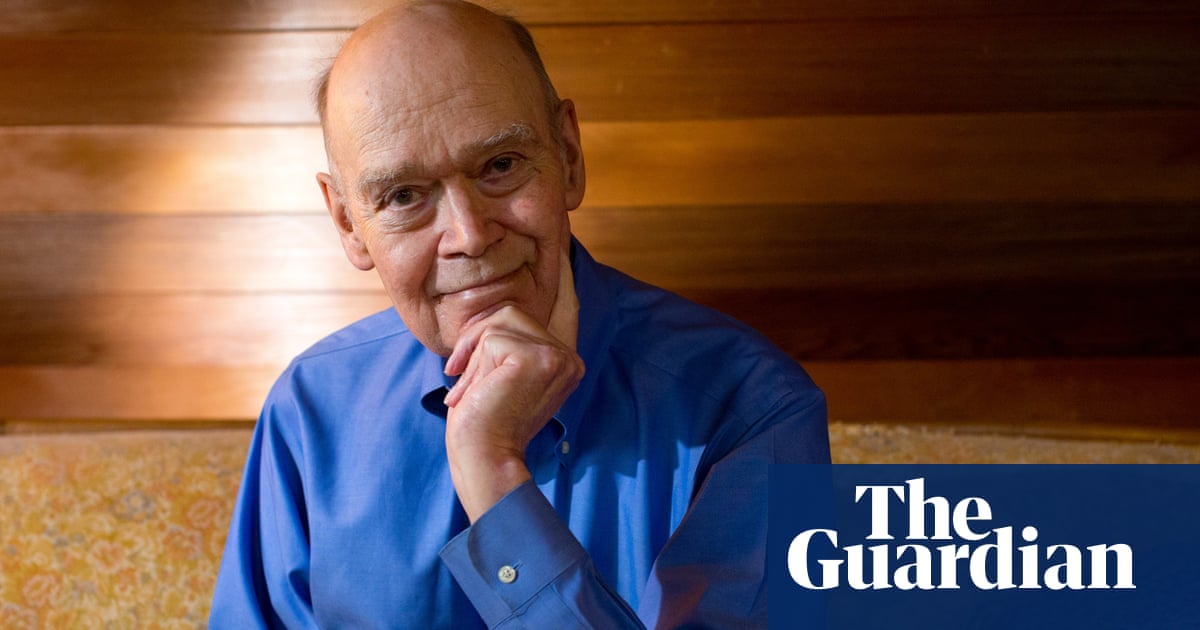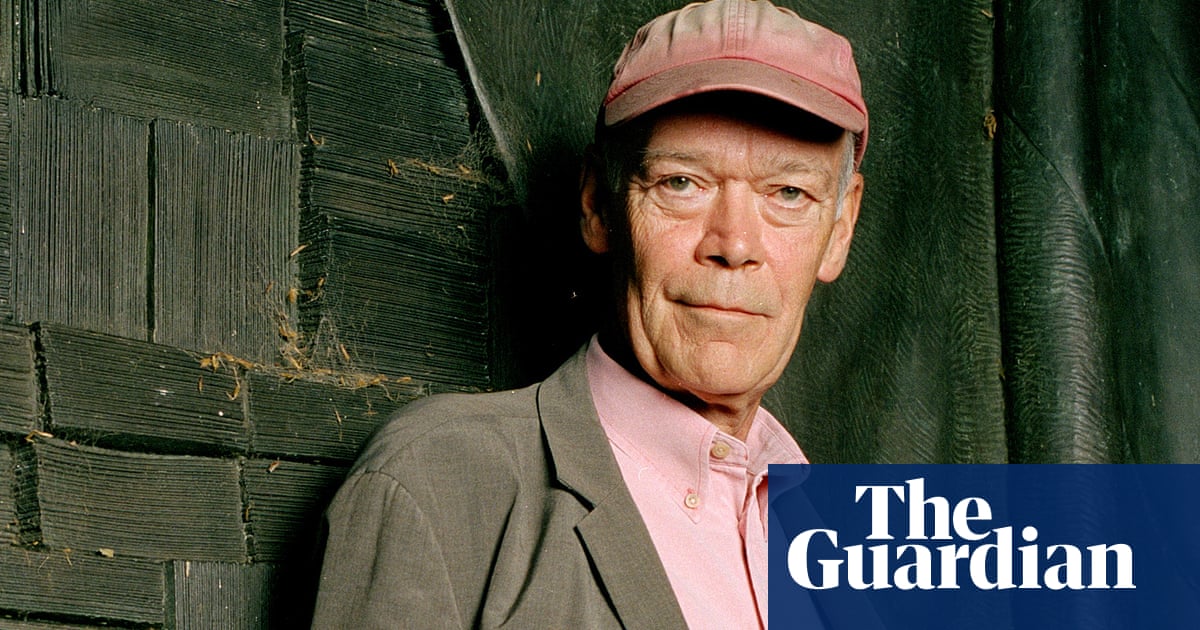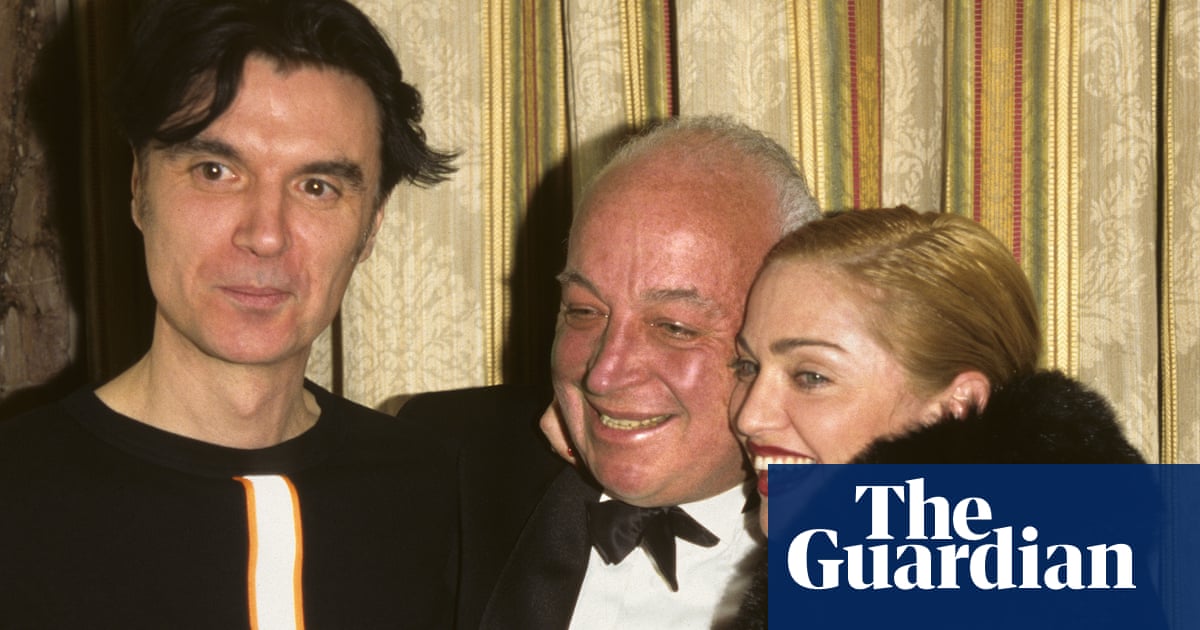
Jonathan Raban, the British travel writer, critic and novelist known for his candid accounts of travelling the world in books such as Passage to Juneau and Coasting, has died aged 80, his agent has confirmed.
Born in Norfolk in 1942, Raban grew up the son of an Anglican clergyman in several Church of England vicarages. The family had little income but several “upper-middle-class connections: coat-of-arms, one-time country house”. “We belonged nowhere,” he wrote in his 1986 book Coasting. “We had the money of one lot, the voices of another – and we had an unearthly goodliness which removed us from the social map altogether.”
Raban, who died on Tuesday in Seattle, attended the University of Hull – where he became friends with Philip Larkin – and went into academia at the University of East Anglia. But he spent his vacations writing fiction and journalism, and eventually moved to London to become a freelance writer in 1969, lodging with the US poet Robert Lowell. The two became friends, and Raban was inspired by Lowell’s ability for “turning the turmoil of his life into art”.
Soon he was travelling and writing about everything he saw. He went through the Middle East in Arabia: Through the Looking Glass (1979); down the Mississippi River in Old Glory (1981); around the British Isles by boat in Coasting (1986); and across the Atlantic in a container ship in Hunting Mister Heartbreak (1991). Raban then unpicked the history of south-eastern Montana in Bad Land: An American Romance (1996).
His 1999 book Passage to Juneau began as a tale of navigating Alaska’s Inside Passage, until his trip was interrupted by the death of his father and the end of his marriage, transforming the book into an exploration of mortality and fatherhood.
“It’s the great consolation of the writer, I think. You’re given these catastrophes – and they’re gifts,” he told the Guardian in 2006. “I mean, your father dies and your wife leaves you, all in a couple of months. There was a bit of me that was thinking, ‘God, this is going to be good for the book.’”
His blending of personal crises, sharp observations of people he met and beautiful passages about countries and seas earned Raban acclaim and prizes over his career. The New York Times once called him “a sort of English Capote: vivid, funny, accurate, full of hyperbolic wit and outrageous metaphor; no reticence at all. But at least as important is the author’s ability to make an instant connection with virtually any human being whomsoever.”
Some took issue with his vivid and often harsh descriptions of the people he encountered, befriended and sometimes romanced on his trips. “How are you going to report life if you report it as a series of wonderful people?” Raban once wrote to the Washington Post, in reply to a particularly offended critic. “Some people are repulsive. Some are lovable.”
His journeys also often walked in time with turmoil in the world he was exploring: Old Glory, about his journey on the Mississippi, took place in the lead up to Ronald Reagan’s victory in the 1980 US presidential election, while Coasting followed a year spent circumnavigating Britain just as the nation was entering the Falklands war.
Raban also wrote three novels: Foreign Land (1985), which was nominated for the Booker prize, Waxwings (2003) and Surveillance (2006).
He moved to the US in 1990 after meeting his third wife, who was from Seattle, and he lived there for the rest of his days. In 2011 Raban had a stroke while at home and used a wheelchair from then on. He became a father to his only child, Julia, when he was 50.
“I see a travel writer as someone who’s sampling other people’s holidays and writing a bright little piece about the glories of Weston-super-Mare or something,” he told the Guardian in 2016.
“I always thought of it as escaping from genre together, the mixture of memoir and travelling – not going to get anywhere, but going for the going’s sake. Perhaps the notion is pretentious, but it’s of what a journey could really be: a miniature scale-model life, which you would survive miraculously at the end.”
Raban’s literary agent, Clare Alexander, said she remembered that after Raban’s stroke a doctor had said: “You’re the one who used to be a writer.” Jonathan had replied: “I very much hope that I’m still a writer.”
“And so he was to the very end, completing his memoir shortly before his health began to fail,” Alexander said.
The day before he died, he dictated an email to his daughter Julia to go out to all his friends, Alexander added. “Even though he knew he was facing the end, he bid us all farewell in perfectly judged sentences and paragraphs.”
Raban’s memoir Father and Son is due to be published this autumn. He is survived by his daughter, who said that on his last day he saw a bald eagle swooping and playing in the wind from his hospital window, before it flew off over Puget Sound, off Washington state.












